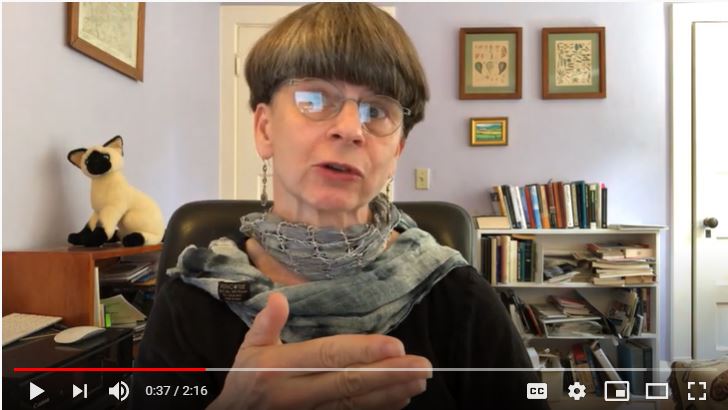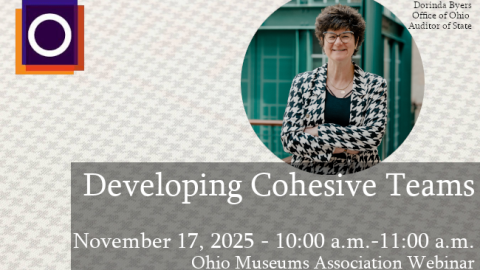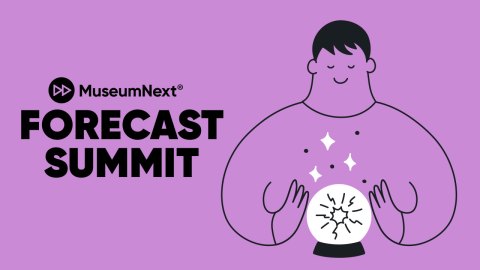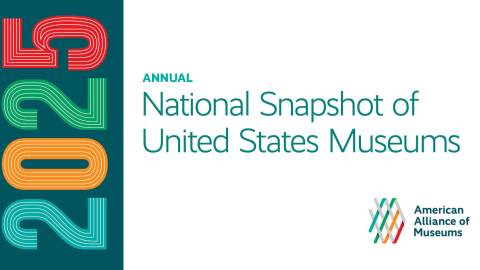
Elizabeth Merritt, VP Strategic Foresight at the American Alliance of Museums, sets the stage for the Museum Summit on Creative Aging, July 29, 2021
Transcript
Elizabeth Merrit: Hello, I’m Elizabeth Merritt Vice President of Strategic Foresight at the American Alliance of Museums. And it will be my pleasure to serve as your guide throughout the summit. For the past three years, the American Alliance of Museums and Aroha Philanthropies have worked together to help the museum sector confront age-ism and place their resources in service of adults, 55 and better.
The core of this work has been helping museums embed creative aging into programming that serves the needs of their communities. During the summit, we will hear from educators at three museums that have implemented the sequential, skills based, teaching artist-led workshop model championed by Aroha, and join staff from Lifetime Arts for a sample of the training they provide to support this work. We’ll spend some time exploring how museums can seek partners and funders to support this vital work. And we will end the day with the opportunity for you to engage with our presenters smaller groups.
And now to the heart of our topic. Even in the best of times older adults are at risk for social isolation because of the natural series of losses that may accompany aging: retirement, loss of a spouse, children growing up and leaving the household, the onset of health problems. Then in the past year on top of these challenges came COVID-19. Older adults bore the brunt of the initial damage of the pandemic in physical health, mortality, and in social isolation. The pandemic inflicted additional damage as well in the form of xenophobic ignorance and fear.
For example violence, fueled by rhetoric about the “China virus” was often directed at elders of the Asian American community. Unfortunately, this illustrates an enduring fact: the negative effects of ageism are amplified when they intersect with other isms–racism, sexism, homophobia–any mindset that stigmatizes and diminishes people based on their identities. In this summit we will explore how creative aging programs can help recognize, honor, elevate, and validate the experiences of older adults. Creating safe spaces for creativity, connection, and healing.






